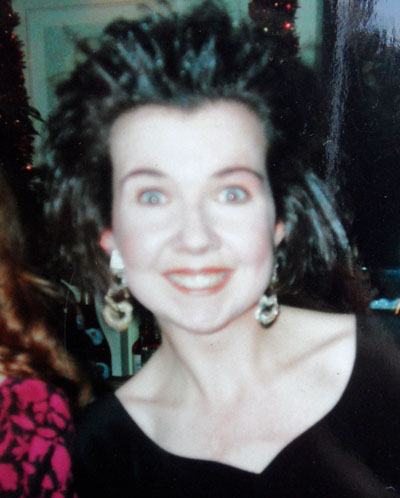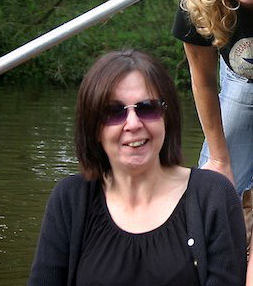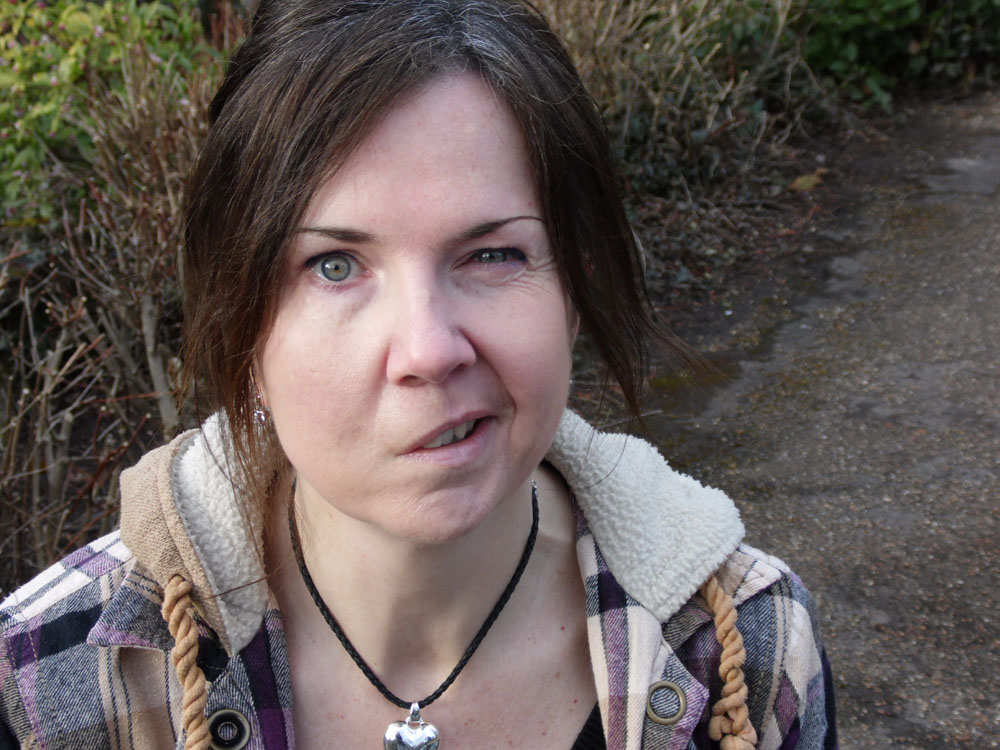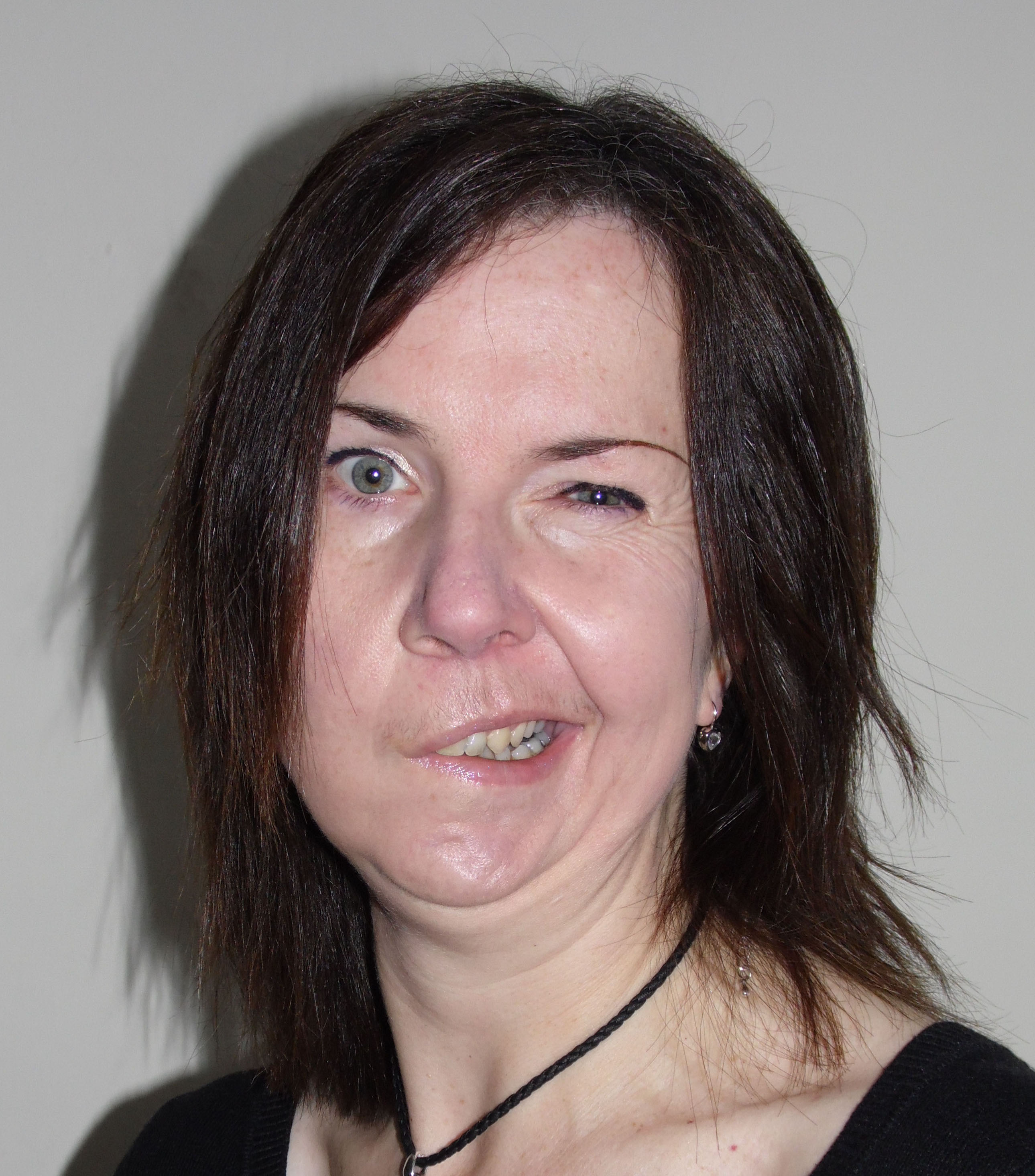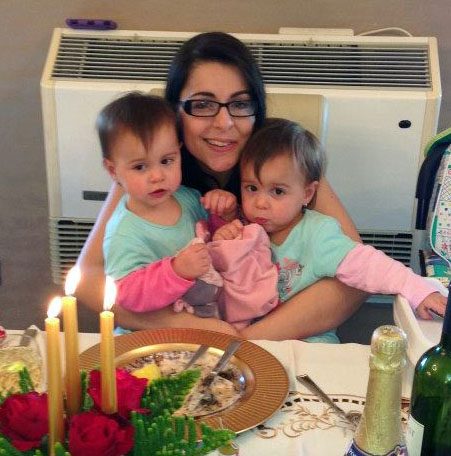Facing Difficulties: paralysed patients denied prompt care
Average interval between onset of facial palsy and being seen at the specialist unit was over 5 years
As part of the first global 'Facial Palsy Awareness Week', figures from a new study have been released highlighting the difficulties patients experience in accessing specialist treatment for facial palsy, a condition which affects approximately 100,000 people in the UK. The effects of facial palsy can be devastating, yet they are often misunderstood by health professionals, employers and the general public. Treatments are available which can greatly improve a person's quality of life but only some patients are offered them. There is an incorrect assumption that this is a cosmetic condition rather than one affecting function of the face and also psychological wellbeing, therefore a more holistic approach is required to patient care.
The study was of over 400 consecutive patients referred to the Facial Palsy (FP) Specialist Service at Queen Victoria Hospital, East Grinstead. It focussed on the time from onset of paralysis until referral for specialist treatment, as well as the prevalence of psychological side effects. The age range of patients varied from 2 to 97 years, with the average age being 51 years old. Surprisingly, the average interval between the onset of facial palsy and being seen at the specialist unit was over 5 years, with only 46% of referrals coming from GPs and the rest from other hospitals/specialists. Over half of these patients reported significant symptoms of anxiety and/or depression.
There are over 30 different causes of facial palsy. Out of those reviewed the most common cause of the facial palsy was Bell's palsy (47%), followed by a viral infection called Ramsay Hunt syndrome (10%). Acoustic neuromas, a benign tumour of the ear accounted for 1 in 10 of the patients.
Nicola Hawkes (42), from Guildford, was first diagnosed with Bell's palsy the day before her 18th birthday. The condition has recurred repeatedly and Nicola never fully recovered, she recalls;
"Third time around, it was not only me finding the whole situation upsetting, my 9 year old son found it REALLY hard and would often say, "Mummy, I can't remember what you look like!" My face was very weak and I was left with pain, a sore watery eye and weakness on one side of my mouth. Doctors ran tests to rule out more sinister causes but then I was left to get on with it. I received no follow-up care."
Raman Malhotra, Consultant Ophthalmic and Oculoplastic Surgeon at the Queen Victoria Hospital says;
"Treating appearance is the tip of the iceberg in facial paralysis. The loss of blink and incomplete eyelid closure can slowly lead to sight loss. We need to maintain awareness among the public and doctors about the importance of recognising and treating eyelid closure before irreversible change occurs."
Psychologist Professor Nichola Rumsey, co-director of the Centre for Appearance Research in Bristol adds;
"The psychological and social challenges resulting from facial palsy can be considerable. People's daily lives can be negatively affected in many ways. There is an urgent need to develop much more effective ways of offering appropriate support."
Recently diagnosed for the fourth time, Nicola is still struggling to access specialist help. Nicola explains:
"The last three times I had Bell's palsy I hid from the world but now, thanks to Facial Palsy UK, I have learnt much about the support available for people with the condition. Previous times, I was simply left to get on with my life with a face I couldn't call my own, because GPs and Neurologists said I was otherwise fit and healthy! I recently tried to get a referral to a specialist at Guy's Hospital because I've heard about treatment that could possibly help me. My GP says my request has to go through a panel for approval first, it's not straightforward to get a referral to a facial palsy specialist. Having to justify why you need help and jump through these kind of hoops makes it really difficult to remain positive."
Selma Abbey (33) from Bexleyheath was diagnosed with Bell's palsy just days before giving birth to twins. Selma recalls:
"After six months I'd been back to my GP twice asking why I wasn't getting better. I kept being told I would recover and that I'd just have to be patient, it was really disheartening. After nine months I saw a third GP who immediately said I should have seen a neurologist months ago. It was only after 18 months that I finally talked to a facial palsy specialist who sat me down with a diagram of the facial nerves and muscles and explained what had actually happened to me."
The first global Facial Palsy Awareness Week Launches 1-7 March 2015, it will take place during the first week of March every year. The week highlights issues to the general public and health professionals about the true impact of facial palsy.
Queen Victoria Hospital is a specialist NHS hospital providing life-changing reconstructive surgery, burns care and rehabilitation services for people across the South of England. Its world-leading clinical teams also treat common conditions of the hands, eyes, skin and teeth for the people of East Grinstead and the surrounding area. In addition QVH provides a minor injuries unit, expert therapies and a sleep service. QVH is a centre of excellence, with an international reputation for pioneering advanced techniques and treatments.
ENDS
About Facial Palsy UK (www.facialpalsy.org.uk), charity established 2012.
Facial Palsy Awareness Week - http://www.facialpalsy.org.uk/awareness
Charity Aims
- To increase awareness of facial palsy and its social, physical and psychological consequences.
- To provide information and support for people living with facial palsy, their relatives, carers and medical professionals.
- To promote diagnosis, acute and long-term management and rehabilitation of people living with facial palsy.
- To establish support groups throughout the UK.
- To raise funds to support research and training for professionals involved in the diagnosis, management and treatment of facial palsy. This should allow for better treatments, which should be made accessible to all.
More facts about the study - Despite the fact that facial palsy affects similar numbers of men and women almost twice as many women were referred. Over half of the group were in employment. These patients were referred from a variety of sources such as GPs (46%), Neurologists (22%), and other Surgical Specialists (29%) i.e. ENT, Maxillo-facial & Ophthalmology combined.
Quick Facts about Bell's Palsy
- Bell's palsy is the most common cause of facial paralysis, affecting up to 25000 new patients a year in the UK. It occurs when the inner ear becomes inflamed, resulting in pressure on the facial nerve. The cause is not fully understood, but links have been made to viruses, a depleted immune system and stress.
- Women in the third trimester of pregnancy are at increased risk.
- It often comes on suddenly over a number of hours. Symptoms include paralysis of one half of the face (including the forehead), causing problems with closing the eye, eating and speaking; sharp pain in the inner ear; altered sense of taste and sensitivity to loud noise.
- If Bell's palsy is suspected, visit your GP or accident and emergency as soon as possible. Steroids need to be prescribed within 48 hours; after 72 hours, they have no effect.
- Just over 70% of sufferers make a full recovery. Improvement can occur within two to three weeks, but a full recovery can take three to six months or longer.
- In the remaining 30%, nerve damage is more severe - see a trained facial therapist to ensure the best possible recovery.
For a range of case studies, photos and more information contact:
Karen Johnson, Facial Palsy UK, PO Box 1269, PETERBOROUGH, PE1 9QN
Tel: 0300 030 9333
Email: media@facialpalsy.org.uk
Press release distributed by Pressat on behalf of Facial Palsy UK, on Wednesday 25 February, 2015. For more information subscribe and follow https://pressat.co.uk/
Facial Palsy Awareness Week Facial Palsy Paralysis Health
You just read:
Facing Difficulties: paralysed patients denied prompt care
News from this source:



